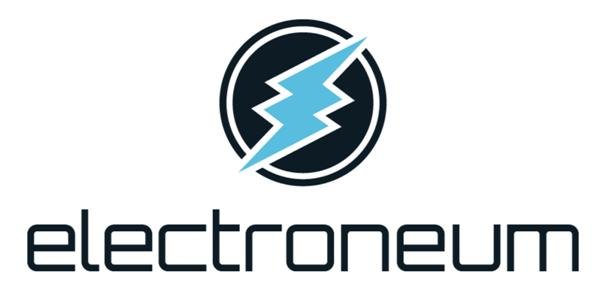
On October 5th, Electroneum came out with this announcement:
“Bringing in KYC is a huge deal for Electroneum – today is a landmark day for us and cryptocurrency as a whole. We’ve paved the way for a new type of cryptocurrency, one that is open and transparent and wants to be used as a true means of payment and be a force for improving people’s lives.
It’s a hugely exciting time – and hopefully will provide the springboard for many, many more!”
The intentions behind KYC (Know Your Customer) are well intended. To prevent terrorists, criminals, money launderers, and tax evaders from accessing financial services. And, in fact, the requirements are pretty straightforward. Customers need to verify that they are who they say they are. Plain and simple. But it goes against the core ideas of the cryptocurrency movement: individual freedom and sovereignty over one’s funds and private data with no Big Brother backdoors.
Unlike with regular money, one doesn’t need to interact with a third party to transfer funds with cryptocurrencies: this is what its decentralised nature is all about. Where there are third party banks overseeing transactions, there is room for a regulator to provide institutional oversight and monitor transactions to curb money laundering, the financing of terrorism and the like.
The question is, then, does identifying crypto holders via centralised authorities defeat the object of cryptocurrency? A big portion of Electroneum community thinks so.
ETN aim to make the lives, especially of unbanked people with no money or no money to invest, better. A cumbersome KYC process doesn’t really fit in that philosophy, does it? Just take this user’s example:
“Hello everyone,
First of all I think the Yoti app is useless. I contacted their support and they are saying that I can’t add an address manually until I provide the passport.In other words, I need to be able to add the address manually because I DON’T HAVE A PASSPORT and they are telling me that I should use my passport ( which I don’t have and it’s the only available option in my country ) to be able to add the address manually ???!!!
I want to complete the KYC since I don’t want to use a cli or paper wallet or an exchange to store my etn.
So for a customer like me, the only way to complete the electroneum KYC process is to go to the authorities and ask for a passport which costs around $60 and takes 2 weeks to be delivered to be able to use it in the Yoti app which is mandatory. And just then send Electroneum other documents to be approved for Level 3 ( which I need since I have more than 10k € worth of etn ).
Knowing that most citizens in my country don’t have a passport (and I believe it’s the same case for other countries electroneum is targeting for mass adoption), do you think electroneum can achieve mass adoption this way ?”
Another one explains his stance:







